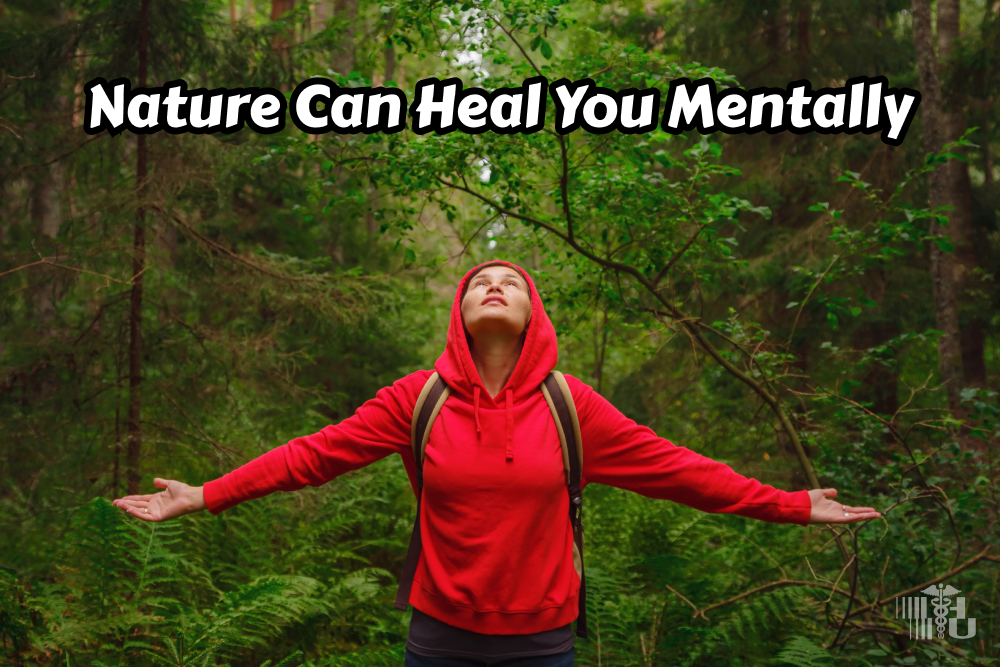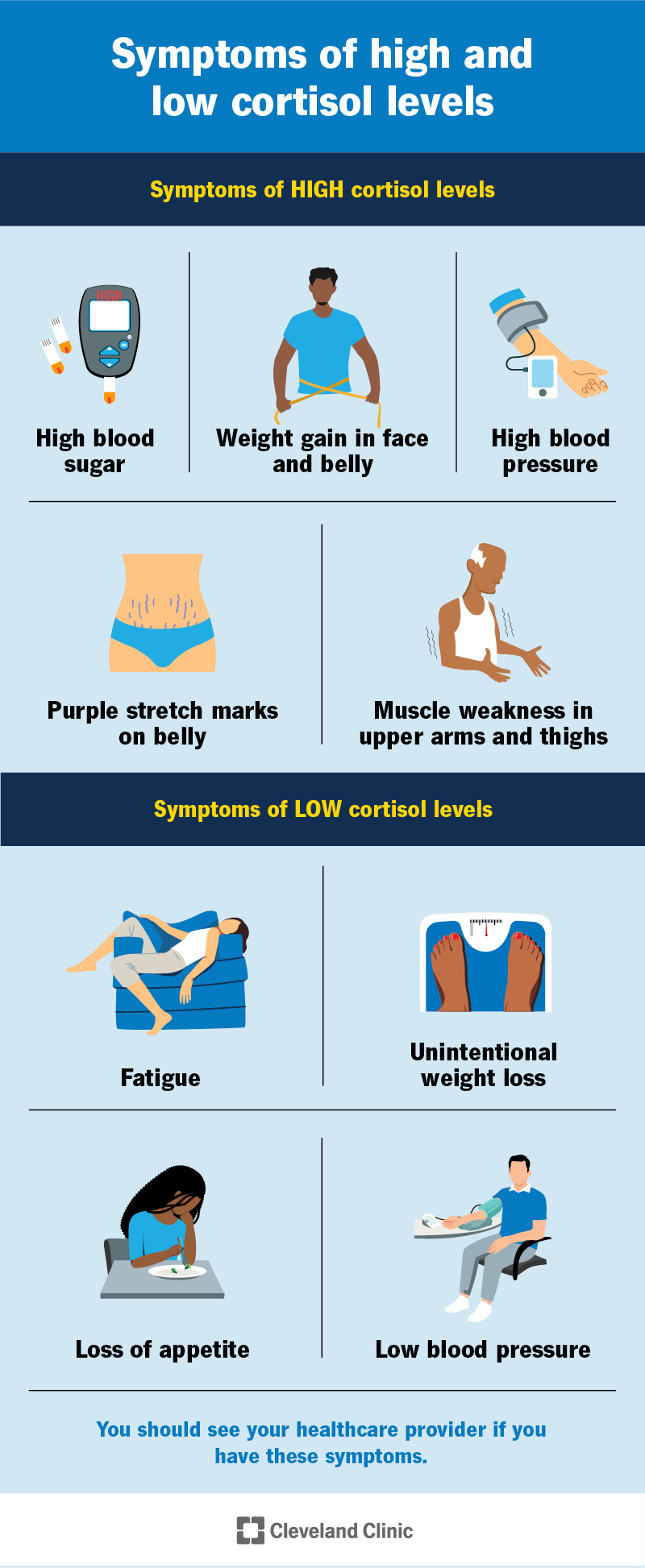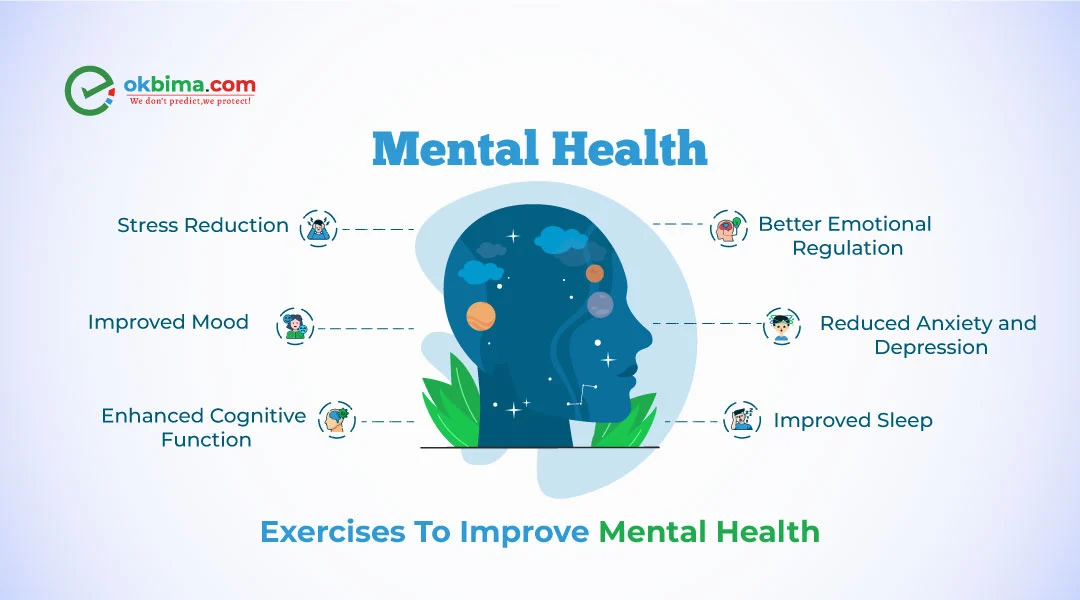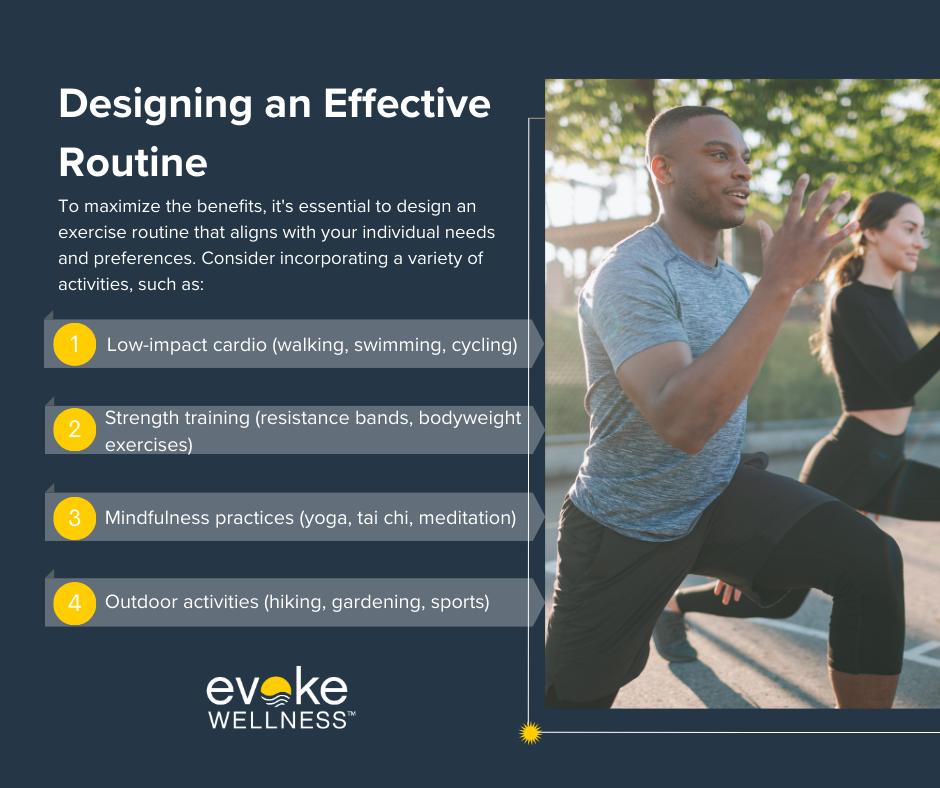Introduction:
In our fast-paced, technology-driven world, mental health has taken center stage. Stress, anxiety, and depression are increasingly prevalent, impacting individuals across all demographics. While traditional therapies remain crucial, a growing body of evidence points to the profound benefits of nature for mental well-being. This article explores the emerging field of hiking therapy, examining how immersing oneself in the natural world through hiking can serve as a powerful tool for stress relief and overall mental health improvement. We will delve into the science behind nature’s healing power, practical tips for incorporating hiking therapy into your routine, and considerations for maximizing its effectiveness.

The Science of Nature’s Healing Power
The connection between nature and mental well-being isn’t merely anecdotal; it’s supported by robust scientific research. Exposure to natural environments has been shown to reduce cortisol levels (the stress hormone), lower blood pressure, and improve mood. This phenomenon, often referred to as “nature’s restorative effects,” is attributed to several factors:

1. Reduced Cortisol Levels:
Studies have consistently demonstrated that spending time in nature significantly lowers cortisol levels. A study published in Environmental Science & Technology found that even short walks in green spaces can lead to measurable reductions in stress hormones. This reduction in cortisol contributes to a sense of calm and relaxation, mitigating the negative effects of chronic stress on the body and mind.

2. Improved Mood and Reduced Anxiety:
Numerous studies have linked exposure to nature with improved mood and reduced anxiety symptoms. The sights, sounds, and smells of nature can stimulate the release of endorphins, natural mood boosters that promote feelings of well-being. The rhythmic movement of walking, combined with the beauty of the natural surroundings, can create a meditative state, further reducing anxiety and promoting mental clarity.

3. Enhanced Cognitive Function:
Spending time in nature has also been shown to enhance cognitive function. Studies suggest that exposure to natural environments can improve attention span, memory, and creativity. This cognitive boost can be particularly beneficial for individuals struggling with stress-related cognitive impairment. The absence of constant technological stimulation allows the mind to rest and refocus.

4. Increased Self-Esteem and Sense of Accomplishment:
Hiking, especially when tackling challenging trails, provides a sense of accomplishment and boosts self-esteem. Overcoming obstacles on the trail, whether physical or mental, fosters resilience and a sense of self-efficacy. This positive feedback loop reinforces confidence and improves overall mental well-being.

Hiking Therapy: A Practical Guide
While simply spending time in nature is beneficial, structured hiking therapy offers a more focused approach to harnessing nature’s healing power. Here’s a practical guide to incorporating hiking therapy into your routine:

1. Choosing the Right Trail:
Begin with shorter, less challenging trails, gradually increasing the difficulty as your fitness and confidence improve. Consider factors like trail length, elevation gain, and terrain when selecting a suitable trail. Opt for trails with scenic views and natural features that enhance the overall experience.

2. Mindfulness and Presence:
The key to effective hiking therapy is to engage in mindful hiking. Pay attention to your surroundings – the sights, sounds, smells, and textures of nature. Focus on the present moment, rather than dwelling on past worries or future anxieties. Practicing mindfulness during hikes enhances the therapeutic benefits.

3. Setting Intentions:
Before embarking on your hike, set an intention for your time in nature. What do you hope to gain from this experience? Focusing on a specific intention can enhance your mindfulness and improve the overall effectiveness of the therapy. This could be stress reduction, improved mood, or simply a connection with nature.

4. Incorporating Mindful Practices:
Combine hiking with other mindful practices, such as meditation or deep breathing exercises. Pause at scenic overlooks to practice deep breathing, allowing yourself to fully experience the present moment. Consider incorporating guided meditation apps for enhanced focus and relaxation during your hike.

5. Social Connection (Optional):
Hiking can also be a social activity. Hiking with friends or family can enhance the experience and provide opportunities for social connection, which is crucial for mental well-being. However, solo hikes can also be incredibly beneficial for introspection and self-reflection.

6. Safety First:
Always prioritize safety when hiking. Inform someone of your hiking plans, wear appropriate clothing and footwear, carry sufficient water and snacks, and be aware of potential hazards. Check weather conditions before heading out and be prepared for changes in the weather.

Maximizing the Benefits of Hiking Therapy
To maximize the therapeutic benefits of hiking, consider the following:

1. Regularity:
Consistency is key. Aim for regular hikes, even if they are short, to reap the long-term benefits. Regular exposure to nature has a cumulative effect on mental well-being.

2. Personalized Approach:
Tailor your hiking therapy to your individual needs and preferences. Experiment with different trails, times of day, and hiking companions to find what works best for you.

3. Mindful Observation:
Engage all your senses during your hikes. Notice the details of your surroundings – the color of the leaves, the sounds of the birds, the smell of the pine trees. This mindful observation enhances the restorative effects of nature.

4. Journaling:
Consider keeping a journal to record your hiking experiences and reflect on your thoughts and feelings. Journaling can help you track your progress and identify patterns in your mental well-being.

5. Professional Guidance:
If you’re struggling with severe mental health issues, hiking therapy should complement, not replace, professional treatment. Consult with a mental health professional to determine if hiking therapy is appropriate for you and to integrate it into your overall treatment plan.

Potential Challenges and Considerations
While hiking therapy offers significant benefits, it’s important to acknowledge potential challenges:
- Accessibility: Not everyone has equal access to natural spaces, especially those in urban areas or with physical limitations. Finding accessible trails and adapting hikes to individual abilities is crucial.
- Weather Conditions: Adverse weather can impact the enjoyment and safety of hiking. Being prepared for changes in weather and having alternative plans is essential.
- Safety Concerns: Hiking alone in remote areas can pose safety risks. Always inform someone of your plans and take necessary precautions.
- Physical Limitations: Individuals with physical limitations might need to adapt their hiking experiences or seek assistance. Choosing appropriate trails and utilizing assistive devices when necessary is important.
Conclusion: Embracing the Trail to Wellness
Hiking therapy offers a powerful and accessible pathway to improved mental well-being. By combining the physical benefits of exercise with the restorative power of nature, hiking can significantly reduce stress, improve mood, and enhance overall mental health. While it’s not a replacement for professional treatment, incorporating regular hikes into your routine, coupled with mindful practices, can be a valuable tool for managing stress and promoting a healthier, happier life. Start exploring the trails today and discover the transformative power of nature’s healing embrace. Remember to consult with your doctor or a mental health professional before starting any new exercise program, especially if you have pre-existing health conditions.